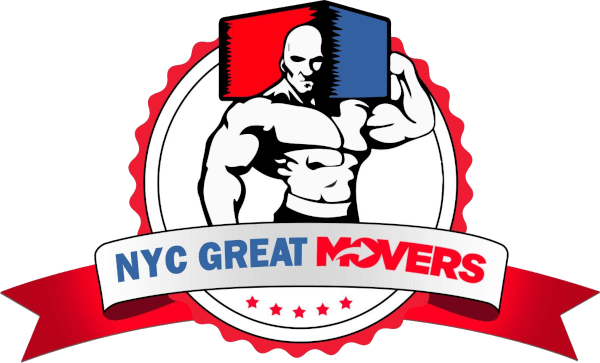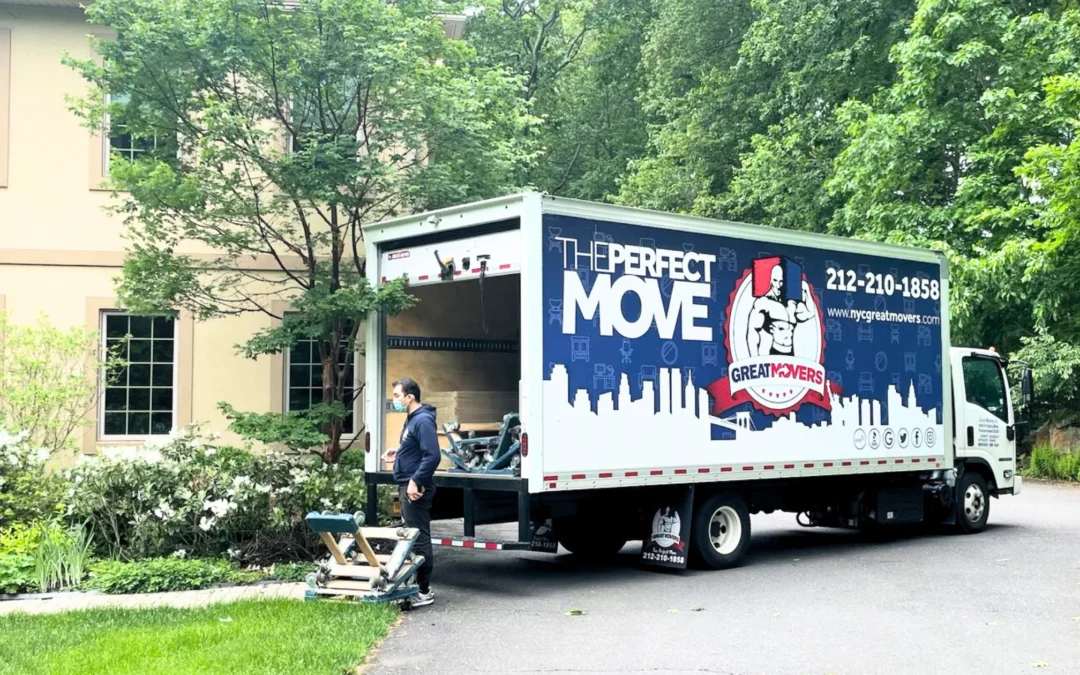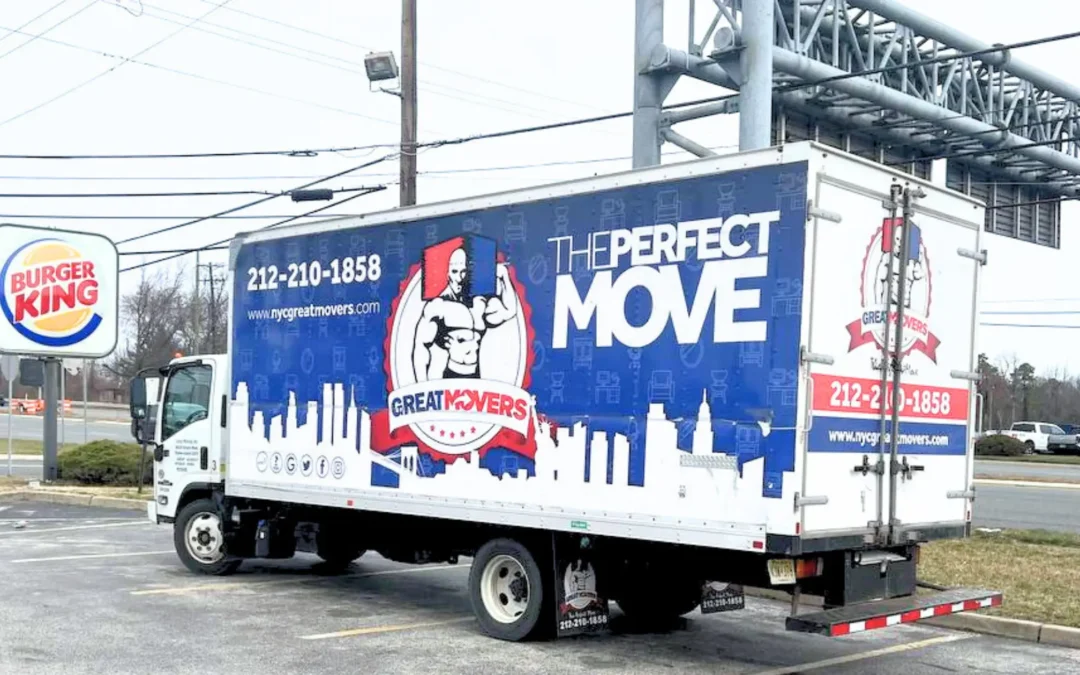The process of moving is already stressful, and it’s only made more so when you end up falling for a moving scam. While most professional moving companies are quick to say that there are only a few bad apples, you don’t want to end up being a victim of moving fraud. According to the Better Business Bureau, customers made over 100,000 inquiries about movers, with each person losing a median of $754.
So, how do you avoid moving scams? The short answer is to do your research and look at both the Better Business Bureau and Federal Motor Carrier Safety Administration information on the moving company to double check the credentials of the company. From there, avoid companies that require big advance deposits or require you to act fast to lock in deals. And, of course, if it seems too good to be true, it probably is! But let’s go into more detail below.
How Do Moving Scams Work?
With so much moving happening, especially during the summer months, the likelihood of becoming a victim increases. Most moving scams tend to be long-distance or interstate moves, but that doesn’t mean you can’t end up with some problems when making a local move. When it comes to moving scams, it seems that there are a few common ones:
- No show – you receive a quote and pay a deposit, but no one shows up on moving day
- Upcharge – after the move is complete, you’re charged more on your credit card than the company initially quoted
- Extra fees – for long-distance moves, you are usually charged a fixed rate. Any additional items that add to the weight will incur an extra fee. Most of the time, the fee is much higher than the rest of the items and can often double your estimate. You might also get hit with ‘hidden’ fees that the movers never explain.
- Stolen items – everything seems to be going great at the beginning, but when it comes time for the truck to arrive at its destination, it either never shows up or they hold your items hostage unless you pay a much higher fee.
- Advance fee – companies will require a large upfront deposit for the move. Once they receive the payment, they will stop responding or offering poor service.
- AI – a newer one that is gaining traction. Scammers will create convincing personas and websites through AI-generated chatbots. They might even look similar to legitimate moving companies! As a result, you might give your personal information and money to them.
- Storage – these are becoming much more common as more people are choosing to use temporary storage when moving. The initial quote might seem reasonable, but once you want to get your items out of storage, you’ll be hit with massive fees.
Common Moving Scams & How to Spot Them
| Scam Type | How It Works | Red Flags to Watch Out For | Local Example (NYC/Brooklyn) |
|---|---|---|---|
| No Show | Movers take a deposit but never arrive | No physical office, vague contracts | Fake “cheap movers in Brooklyn” ads |
| Upcharge | Final bill much higher than original quote | Low initial estimate, verbal promises | “Queens movers” suddenly adding fees |
| Extra Fees | Hidden charges for weight/items | Vague terms in estimate | Extra charges for stairs in Manhattan |
| Stolen Items | Items never delivered or held hostage | No DOT/MC license, no tracking | Truck disappears after NJ–NYC move |
| Advance Fee | Large deposit required upfront, then poor/no service | Demands cash or wire transfer | Movers in Bronx asking 50% upfront |
| Storage Scam | Massive fees to release items from storage | No written terms for storage | “Cheap storage in Brooklyn” doubling prices |
How Can You Spot Scammers?
Scammers are becoming much more sophisticated, especially with the rise of artificial intelligence. Most fraudulent moving companies will try to at least appear professional and have a website, a profile on Yelp, and more. Some will even utilize chatbots to answer your questions that they pull from actual moving companies. In order to avoid issues, you should give yourself plenty of time to do appropriate research on each company you are interested in and then watch out for the following red flags:
- Their website is missing important company information such as their address, DOT number, phone number, etc.
- The company only provides phone estimates and refuses to come to your home for a final estimate. In some cases, real movers will use virtual walkthroughs instead of a home visit, so if they offer that, it should be fine.
- You have to pay a large upfront deposit in order to reserve your move. Most companies will ask for less than 20 percent down payment.
- It seems too good to be true, and the price is much lower than other moving companies. Chances are, if you ask them to put their quote on paper, they’ll refuse.
- The company never mentions your rights and responsibilities. By law, all licensed moving companies must provide you with a packet called “Your Rights and Responsibilities When You Move”, but that’s just for interstate moves. For local moves, they do not need to provide it, but you can always ask for it to make sure they have it on hand.
- You notice the company has changed names multiple times. This usually indicates that they are trying to cover their tracks and get around negative reviews.
- When you ask questions over the phone or in person, they will provide vague answers or get angry.
- They do not have any kind of valuation protection. All moving companies are required to offer something called released valuation for free. So if something gets damaged, you will receive $0.60 per pound per item.
- When the company arrives, the trucks are unmarked. Most actual companies will have branding to advertise to other potential customers. Of course, some scammers might also have branding, but you should definitely reconsider if the movers arrive in an unmarked truck.
- On moving day, the foreman might get you to sign blank documents before loading up the truck. Never sign blank forms and always read what you are about to sign.
What Are Some Ways I Can Protect Myself Against Moving Scams?
Avoiding scams requires work and preparation. If possible, you should start looking for companies at least a month before you plan on moving in order to perform your due diligence. Before you sign any paperwork, make sure to do the following:
Check the company’s registration
In order to move across state lines, licensed moving companies must register with the United States Department of Transportation and get a DOT number. This number must then be displayed prominently on their site so customers can look up their information to make sure they are up-to-date on all of their insurance and to see if there are any complaints.
For local moves, reach out to the state consumer protection office to see look for information on what the state requires, a local address, and the mover’s contact information, registration, licenses, and insurance.
Look for reviews
Try to find moving companies that friends or family members have used in the past and ask them about their experience. If you don’t know anyone who has moved recently, go online to find user reviews on Yelp, Google, and the Better Business Bureau. Always check out the lower star ratings to see if there’s a pattern to the complaints.
How to Protect Yourself from Moving Scams
| Step | What To Do | Why It Helps | NYC Tip |
|---|---|---|---|
| Check Registration | Verify DOT/MC number for interstate moves; check state consumer protection office for local moves. | Ensures the mover is properly licensed and insured. | NYC movers must be licensed by NYSDOT and display a local address. |
| Look for Reviews | Read reviews on Yelp, Google, BBB, and ask friends or family for referrals. | Identifies patterns of complaints and avoids risky movers. | Search “Brooklyn moving scam reviews” before hiring. |
| Get Information in Writing | Ask for written estimates, valuation coverage, extra fees, delivery dates, and review all contract terms. | Prevents hidden fees and protects you legally. | In Manhattan, ask for “flat-rate quotes” to avoid surprise charges. |
| Keep an Inventory | Create a detailed list of belongings and take photos before packing. | Helps prove negligence if items are lost or damaged. | Take photos of valuables before movers arrive in Queens or Brooklyn. |
| Ask Questions | Clarify anything you don’t understand; real movers provide clear answers. | Filters out dishonest or evasive movers. | Avoid NYC movers who refuse to explain extra fees. |
Get information in writing
You should never just take someone’s word for it when it comes to moving. Always get things like price estimates and any other important information, like valuation coverage, in writing. From there, compare the estimate to other moving companies to see if it’s in line with others. You should also check to make sure they list out any extra fees like stairs, long carry, and so on. Also, make sure to read the contract carefully, including any limits on liability and disclaimers, as well as the pickup and expected delivery date.
Keep an inventory of your belongings
Even when using a reputable moving company, it’s always a good idea to create an inventory so you can keep track of all your belongings and where they are packed. While movers are not liable for missing or damaged items in customer-packed boxes, if you can prove that they were negligent, they will be held accountable. Take photos of your items before packing them up to keep track of their status and prove the damages happened during the moving process.
Ask questions
Don’t be afraid to ask questions if there’s anything you don’t understand. Real movers will provide helpful answers. If the company can’t or won’t answer your questions, move on!
How Can I Report Fraud?
If you think you are the victim of a scam, report it as soon as possible. There are a few ways to report it:
- File a complaint with the FMCSA for interstate moves
- Contact your state or local authority for intrastate moves
- Report all fraudulent businesses to the Better Business Bureau and the Federal Trade Commission
- Reach out to your state’s attorney general and your local police office
FAQ
Can I sue a company for theft?
Yes, you can absolutely sue a moving company for theft so long as you have solid evidence that the employees were responsible. File a police report and reach out to an attorney. Depending on how much was stolen, you can go to small claims or a higher court.
How can I confirm a company is real?
Check their site for a physical address, proof of insurance, a USDOT registration, and general online presence.
How do I choose a reputable mover?
Start at least a month before your move date so you have time to do research. Ask for references and recommendations. From there, get an estimate from at least five different companies and compare and contrast their prices and services. Make sure to call them as well so you can see how they answer the phone and their overall attitude.
Will moving insurance protect me against scams?
Yes, moving insurance does cover your belongings in case of theft while in transit or storage. Again, you need to have proof that your items were stolen so make sure to keep your inventory handy!
What if the company isn’t fraudulent, but they still provided very poor service?
If the company just provided poor service, such as damaged or lost items, you can get reimbursed through released valuation coverage, although it won’t be great compensation for light but expensive items like cameras or TVs. If you have a lot of expensive items, it might make sense to purchase moving insurance to make sure these items get covered appropriately.
Can online reviews be trusted when weeding out scam companies?
Yes and no. Companies can pay people to write fake reviews and they can also dispute negative reviews. However, if they aren’t a great company, you can always find a common thread among the negative reviews, so pay close attention.






